AGRICULTURE
MADAGASCAR – Imports of milled rice increased 18% to 744,846 tonnes in 2022
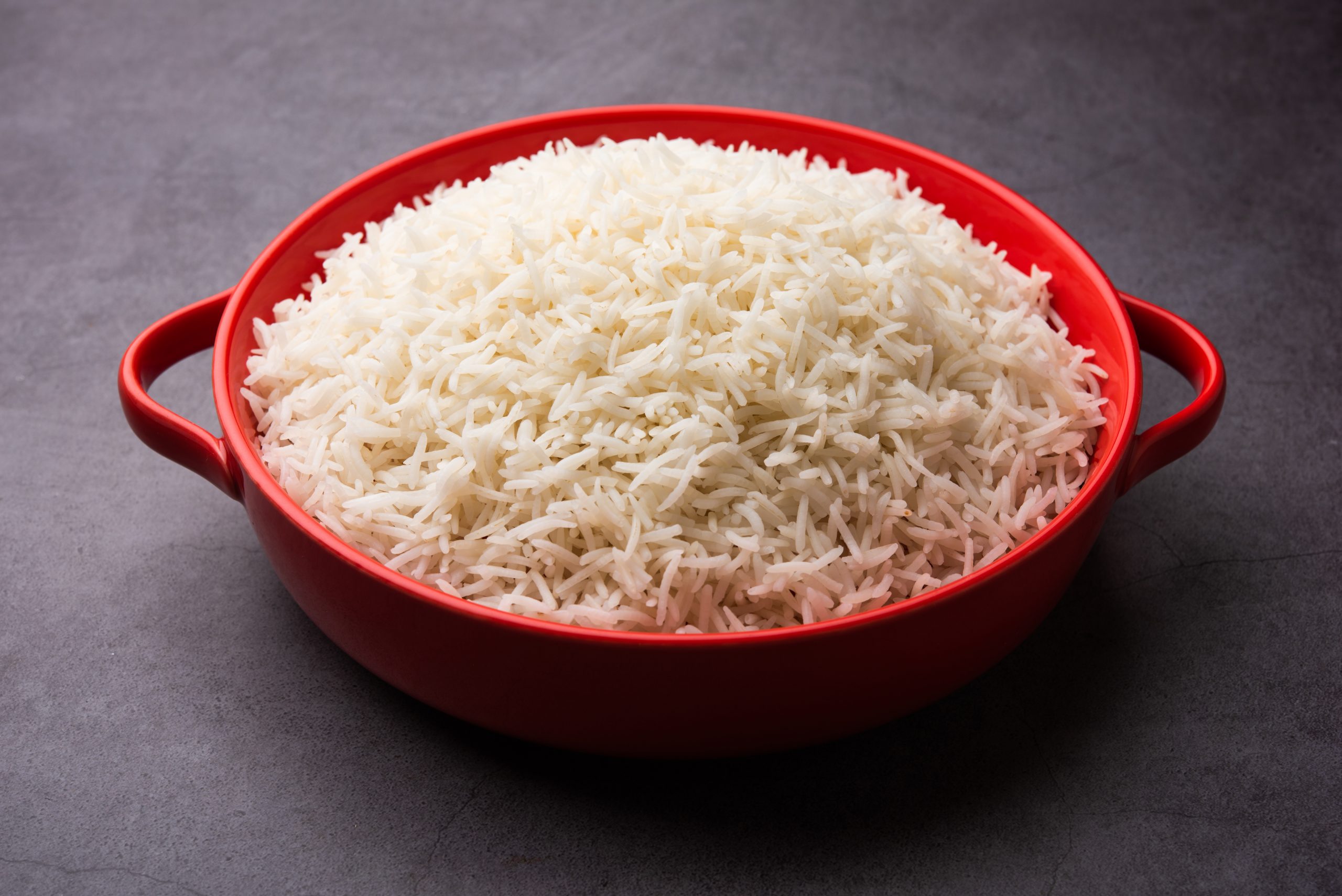
Madagascar is the third largest paddy producer in Africa behind Nigeria and Egypt. The country targets self-sufficiency in milled rice, but the challenges for the productive apparatus are still numerous.
In Madagascar, rice imports totalled 744,846 tonnes between January and December 2022. The Rice Observatory (ODR) reports this in its latest monthly newsletter. The volume announced shows an 18% increase over the 629,414 tonnes recorded a year earlier.
According to the public body, this year-over-year growth in cereal purchases on the international market was supported by the government’s implementation of a policy that “was intended to encourage operators to pursue imports in order to limit the increase in local rice prices”.
As a guide, the average retail price per kilogram of locally produced milled rice rose 2% in one month to 2,657 ariarys ($0.61) in December 2022, while imported rice traded at 2,523 ariarys over the same period ($0.58).
Behind the rise in domestic prices, The lack of local paddy supply resulting from a 6% to 4 million tonne drop in production during the 2021/2022 rice season due to the severe drought that delayed the start of the growing season.
As a reminder, Madagascar produces about 80% of its bleached rice consumption needs.
Stéphanas Assocle (Intern)
AGRICULTURE
WORLD FOOD – Poor countries to cut food imports
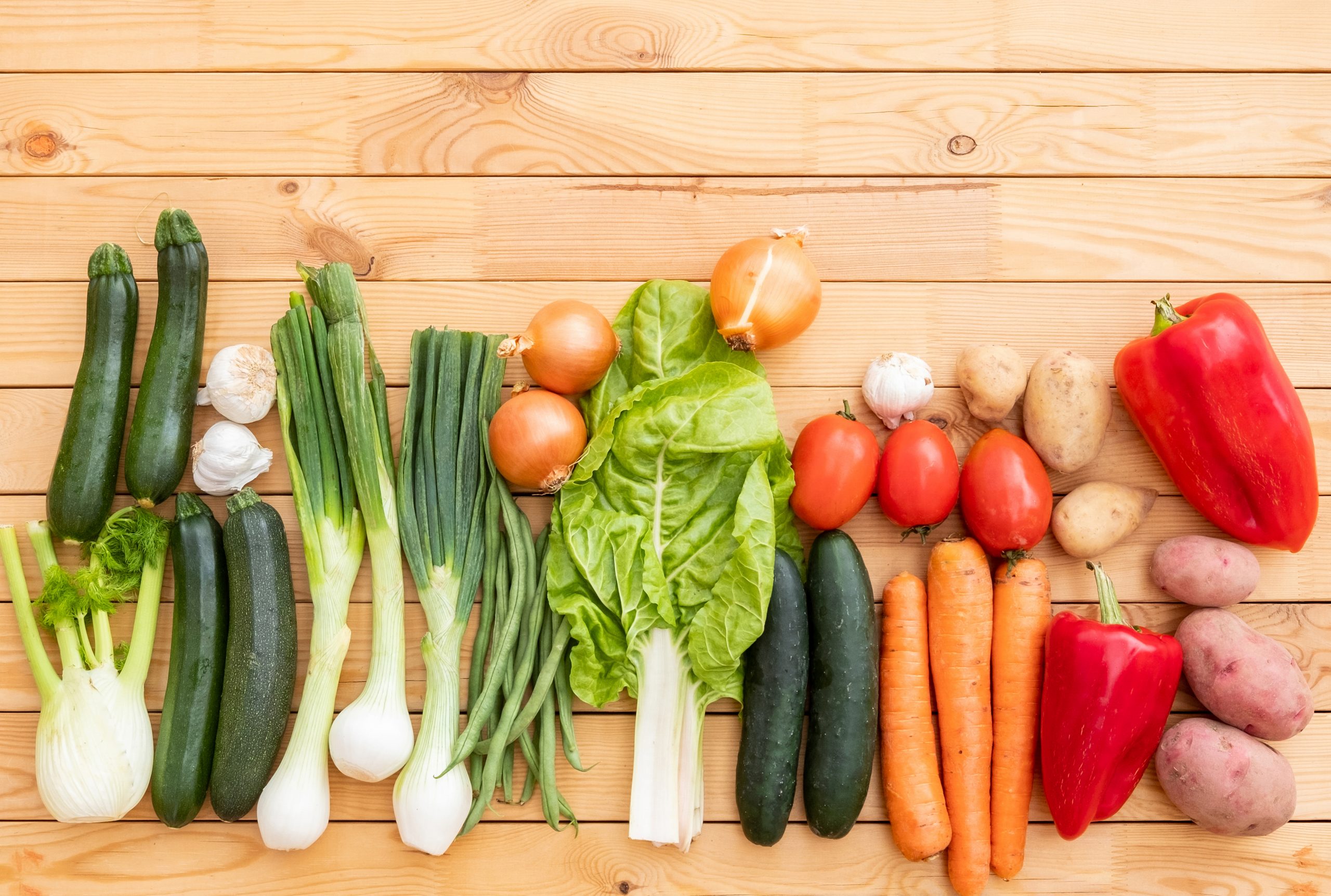
Even if world production of maize, milk or meat is expected to increase in 2023, food imports from the poorest countries are expected to fall because of the still high price of certain commodities, warned FAO on Thursday 15 June 2023.
While high-income countries will continue to import more, the bill for the 47 least-developed countries, mainly located in Africa, is expected to fall by 1.5% this year, the Food and Agriculture Organization (FAO) in its bi-annual “Food Outlook” report.
This decline is expected to be even more pronounced, reaching nearly 5% in net food importing developing countries, such as Tunisia, Egypt and Pakistan.
The decline in food import volumes in these two groups is “a worrying development”, and suggests a decrease in their purchasing capacity, according to FAO.
Even though oil or grain prices have come down since the peak reached in March 2022, after the invasion of Ukraine, they remain at high levels today. And those of fruits, vegetables or dairy products continue to advance, “curbing demand” especially in vulnerable countries.
“These concerns are amplified by the fact that the fall in international prices for a number of basic food products has not translated, or at least not completely, into a fall in prices at the national retail level,” stresses the FAO.
Globally, spending on food imports is expected to set a new record in 2023, although it is expected to “grow at a much slower pace than last year”.
After a jump of 18% in 2021 and 11% in 2022, the bill should increase by 1.5% to reach 1.980 billion dollars.
At the same time, production of rice, coarse grains (maize, sorghum), oilseeds, sugar, milk or meat, with the exception of beef and pork, is expected to increase in 2023/24.
Coarse grain production is expected to increase by 3% to 1,513 million tonnes, a “new record” driven by a crop expected to peak in Brazil.
Wheat, on the other hand, is expected to fall by 3% after the previous season’s record (777 million tonnes), due to a lower harvest in Russia and Australia.
“Despite these generally positive prospects, global food production systems remain vulnerable to climate, geopolitical or economic shocks,” FAO warned.
AGRICULTURE
MAURITANIA: €9 million for food security and agriculture

On Tuesday, 09 February, Mauritania signed two financing agreements worth €9 million with the Agence Française de Développement (AFD). These funds will help the country improve food security and enhance the role of women in agriculture.
On Tuesday, 9 February 2021, Mauritania and AFD signed two financing agreements worth €09 million for food security and agriculture. 500,000 euros of this amount will be dedicated, according to a statement, to the diversification of the gender in the agricultural field. The remainder is intended to improve food security and enhance the role of women in agriculture in the Gorgol and Guidimakha regions.
On the occasion of the signing, the Mauritanian Minister of Economy and Productive Sectors, Ousmane Mamoudou Kane, declared that these agreements provide for the supervision and organization of production cooperatives, support for the marketing and development of the structures of the National Society for Rural Development (SONADER). The French ambassador to Mauritania, Robert Moulié, explained that this funding is intended to enhance the rural capacities of women in their environment and to strengthen support for the project for the consolidation of food security.
2500 farmers in the municipalities of Gouraye, Ghabou, Nere Walo, Djowel, Tokomadi, and Tifounde Cive are concerned by this funding, which is the second phase of an ASARIGG agricultural project initiated in 2018. In addition, the financing will make it possible to develop and equip 11 irrigated areas for rice production and 10 market gardening areas managed by women to improve their agricultural production. It is also planned to establish a rapid action component to restore 350 ha of degraded land and promote agroecological practices in six territories for the benefit of the 25000 inhabitants of the area.
AGRICULTURE
IVORY COAST : Former slave children accuse chocolate makers
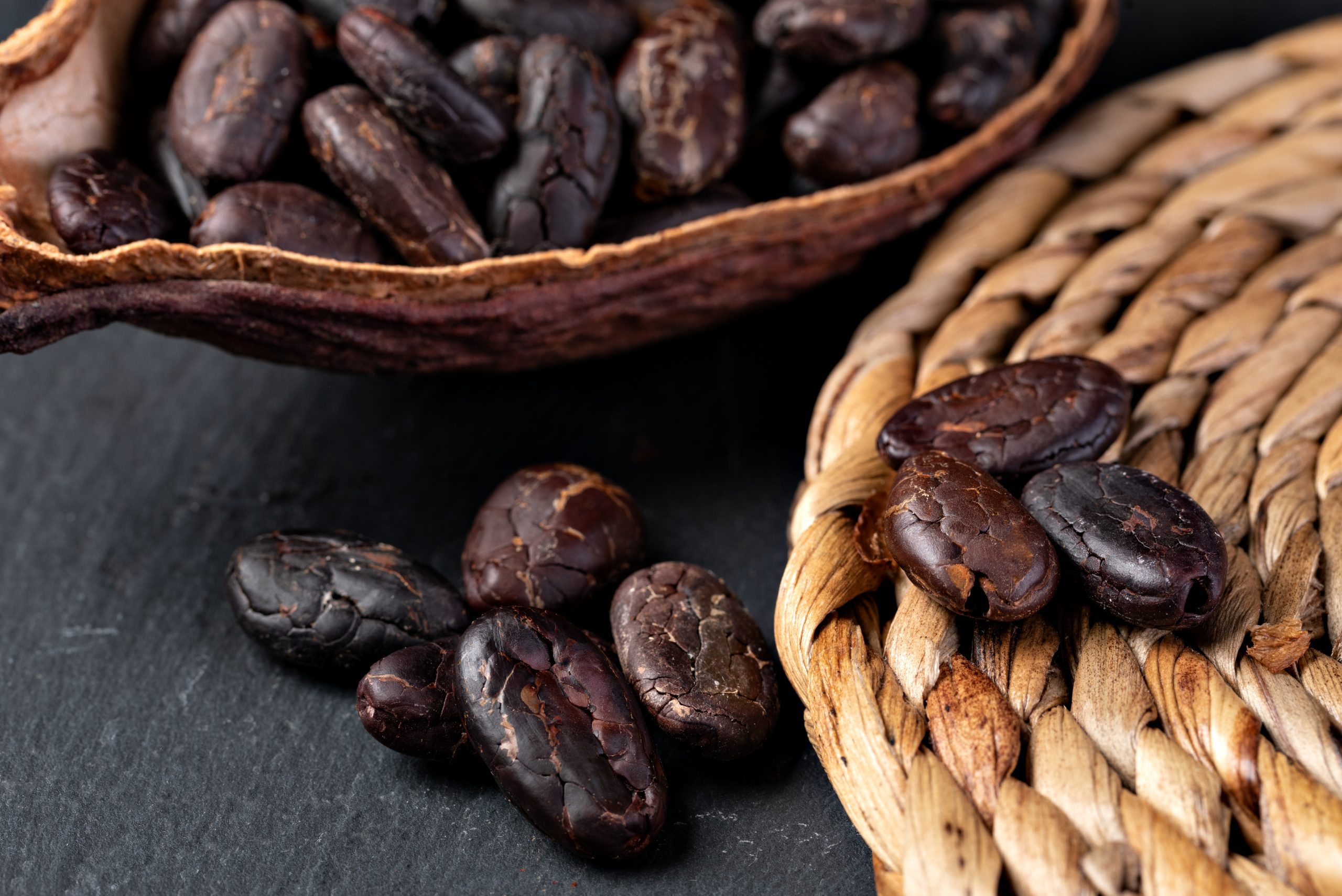
March, Nestlé and Mondelez are among the seven multinationals questioned by eight former illegal workers for “complicity in forced labour” on Ivorian cocoa plantations. By Ouest France
The young Malian was 11 years old when a man approached him at his home in Kouroussandougou. The child, now a young adult whose identity has not been revealed, allowed himself to be convinced to flee the family misery and go to a cocoa plantation in Côte d’Ivoire. The recruiters promised him 25,000 CFA francs, or €38 a month. He never saw the color.
For two years he worked without receiving a penny, says International Rights Advocates (IRAdvocates). On Friday, 12 February 2021, the human rights NGO filed a complaint with the US on behalf of this boy and seven other Malians, former slave children. They accuse the chocolate manufacturers Mars, Nestlé, Cargill, Barry Callebaut, Olam, Hershey and Mondelez of alleged complicity in forced labour.
Cheap cocoa harvested by child slaves
The Ivorian plantations in which the complainants claim to have been exploited do not belong to these multinationals. But for Terry Collingsworth, director of IRAdvocates, they have turned a blind eye to the sale of cheap cocoa harvested by slave children. And they continue to draw prices so low that they do not allow producers to pay wages to adults.
At work fourteen hours a day and fed leftovers
The plaintiffs claim to have toiled for free for up to fourteen hours a day, most often fed leftovers. Their ordeal lasted two to four years, before they managed to escape. It is also for those who have not had this chance that they want a trial. In 2018 and 2019, according to a study published in October by the independent research institute NORC 0 (Chicago), 790,000 children between the ages of 5 and 17 were illegally employed for this production in Côte d’Ivoire.
According to NORC, 95% of the miners also handled sharp tools and chemicals. One of the complainants reported spraying pesticides without protection. Another has arms covered with scars due to machete accidents.
Source : Ouest France
-

 EAST AFRICA1 year .
EAST AFRICA1 year .TANZANIA – President meets with Chairman of the Board and CEO of the Merck Foundation
-

 CULTURE1 year .
CULTURE1 year .AFRICA – African writers and artists celebrate the 20th anniversary of the African Union
-

 CULTURE1 year .
CULTURE1 year .SENEGAL – Massamba Guèye wants to democratize the story
-

 BUSINESS8 months .
BUSINESS8 months .GUINEA – Authorities demand repatriation of mining revenues
-
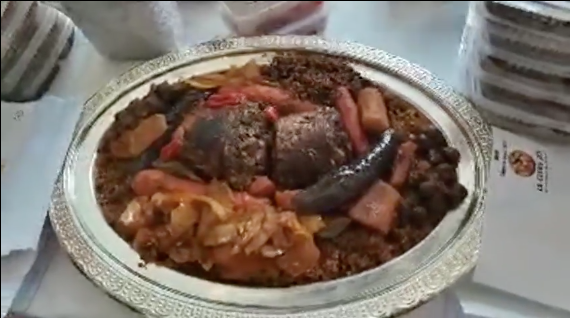
 CULTURE2 years .
CULTURE2 years .SENEGAL – Thiéboujeun inscribed on the World Heritage Site
-

 CULTURE3 years .
CULTURE3 years .SENEGAL – “Sadik Lady” by Viviane Chidid
-
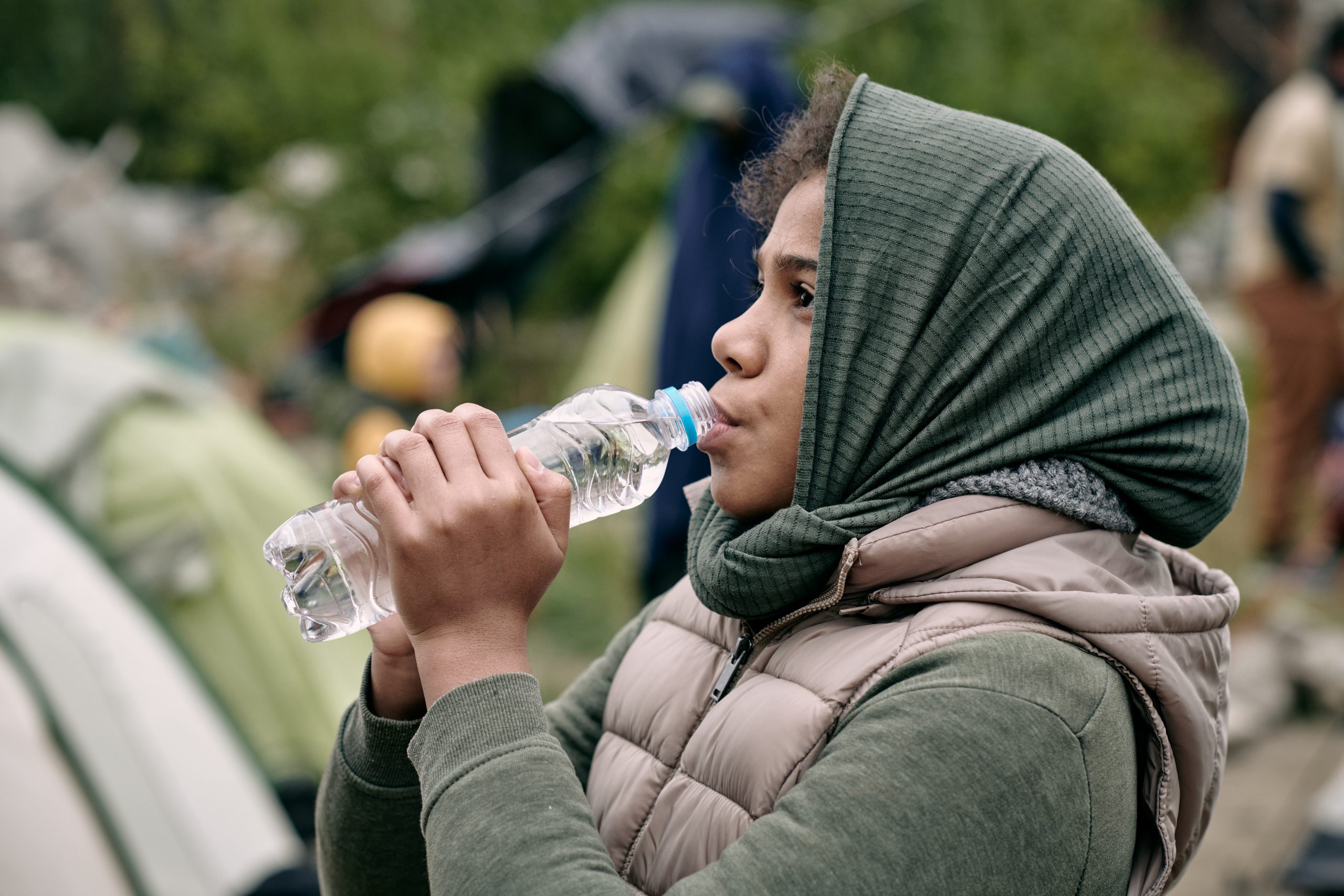
 IMMIGRATION9 months .
IMMIGRATION9 months .AFRICA – Migrant smuggling brings 59 billion CFA francs to smugglers per year
-

 A LA UNE3 years .
A LA UNE3 years .GUINÉE: Manchester United: Paul Pogba absent several weeks



